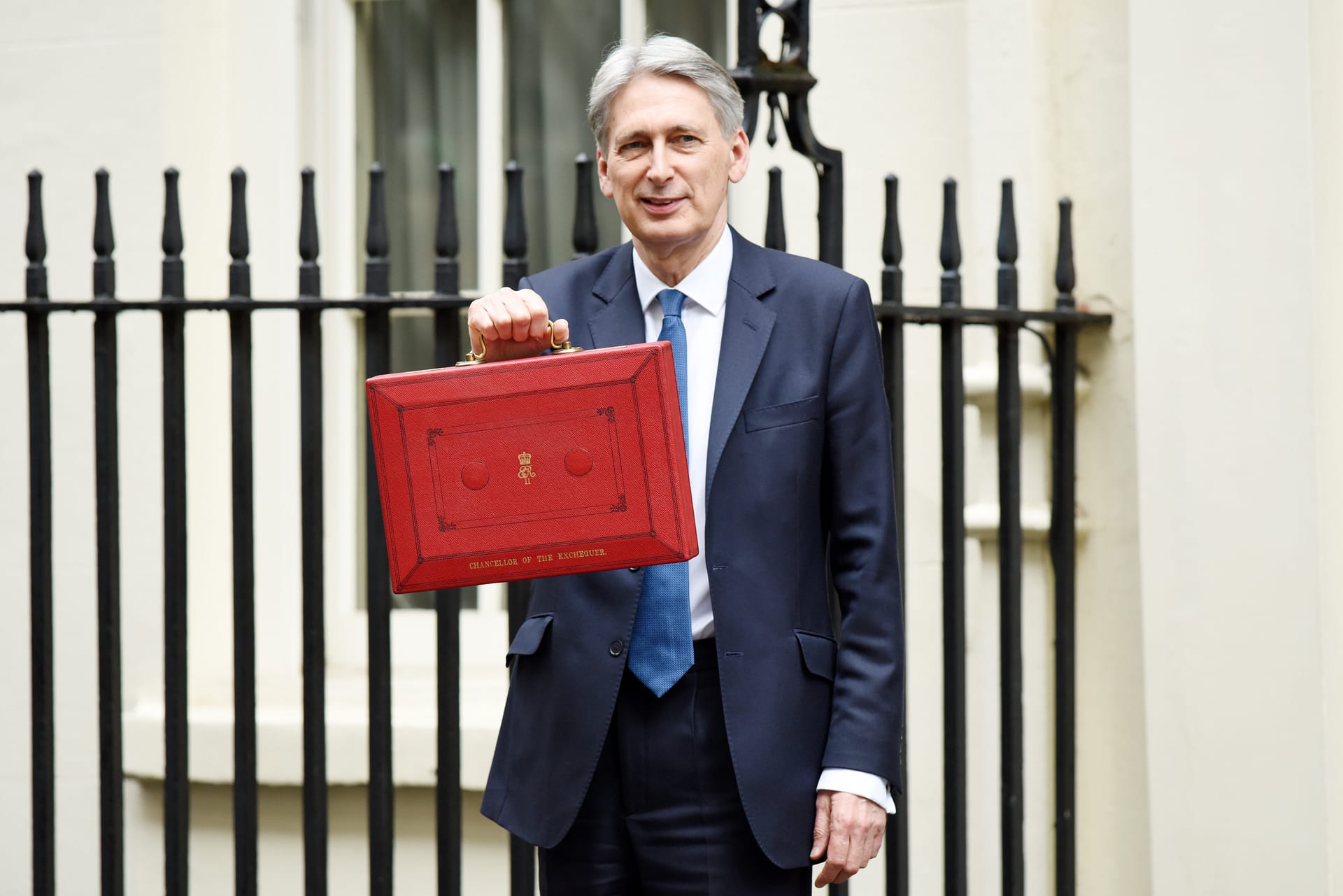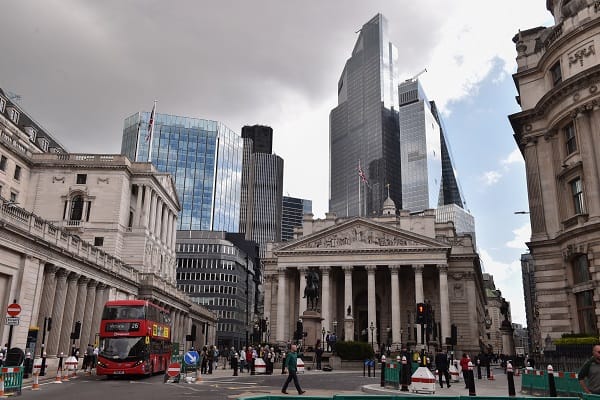Following the Bank of England’s announcement Thursday to keep interest rates at 0.75%, industry business leaders have given their thoughts and comments.
Yael Selfin, chief economist at KPMG UK said on today’s Inflation Report and MPC meeting.
Selfin said, “The MPC, just like businesses and households across the UK, currently find itself in limbo until a path to Brexit transpires. The moderation in UK growth in recent months, triggered by continued uncertainty around Brexit and a cloudier global economic backdrop saw a significant downgrade to short term forecasts and rules out an early rise in interest rates.
“However, the MPC is unlikely to tone down its rhetoric too much while it seeks to support the pound and encourage sensible borrowing behaviour. It is also unlikely to make a sharp move in policy stance at this stage, given the high number of unknowns.
“Monetary policy is likely to remain accommodating even in the event of a disorderly withdrawal from the EU. The Bank of England is expected to put measures in place to support the economy in order to alleviate any sharp market moves as well as to encourage investment to rebuild broken UK supply.”
Markus Kuger, lead economist at Dun & Bradstreet said, “The Bank of England’s decision to maintain interest rates was largely anticipated by the markets and is not surprising given the high levels of uncertainty around Brexit. The Bank’s opinion of a one in four chance of a recession, even if a Brexit deal is brokered, is worrisome news and in line with a recent Dun & Bradstreet survey that found 37% of businesses were cancelling or postponing plans as a direct result of Brexit.
“UK economic performance, including payments performance and insolvency risk, is likely to suffer even more in a no deal scenario. Dun & Bradstreet predicts that even if Brexit negotiations are successful, interest rates would not rise for the next four to six quarters.”
“To no-one’s surprise, Brexit uncertainty and a slowdown across a number of global economies has steered Governor Carney’s hand to keep a hold on interest rates.
“Ahead of 29 March, the market is of course hoping for the best outcome. The upside seems limited to $1.3100, while the downside is $1.10 and lower. This sets up an asymmetric trade where traders have a good chance of positive outcomes, for the pound over the next few weeks and months.”
Business growth expert and Yomdel CEO, Andy Soloman said, “No news is certainly good news in this respect and the right choice considering the current economic landscape. Inflation remains at a moderate level and to increase money costs for both UK business and the nation’s consumers just weeks away from a potentially hard Brexit, would be foolish, to say the least.
We’ve already seen shop prices rise this year as the retail sector continues to struggle amidst an air of wavering consumer sentiment.
This diminished level of consumer activity is also hitting a lethargic property market that has yet to get out of second gear following the festive lull, with the rate of price growth slowing as a result.
Hopefully, this freeze in rates will encourage some degree of consumer confidence to return as the cost of borrowing remains at a very palatable rate. Although realistically, this is unlikely to materialise until late March at the earliest.”
FSB national chairman Mike Cherry said, “With borrowing costs up and Brexit day looming, the last thing small firms needed this week was an interest rate rise.
“The MPC’s decision to hold the Bank Rate will provide some welcome respite for small firms.
“We’re seeing the impact of political uncertainty writ large in slowing activity across the construction, manufacturing and service sectors. Higher debt costs would have added to the pain.
“Low rates are a nice to have but the number one priority remains avoiding a chaotic no deal exit from the EU on 29 March.
“Once we reach April, small business owners will not only have Brexit to think about, but also higher wage costs, rising auto-enrolment contributions and further business rates hikes. With that in mind, it’s good to see the BoE taking a wait-and-see approach.
“Too many small firms are still unwilling or unable to access the finance they need to reach their full potential. It’s encouraging to see more businesses branching out beyond traditional debt products, but we still have a lot of work to do to raise awareness of all the options.
“Open Banking is key here. Regulators need to ensure compliance with the initiative, and government should be doing more to raise awareness of its potential – helping to nudge businesses and consumers towards embracing it.”





Leave a Comment